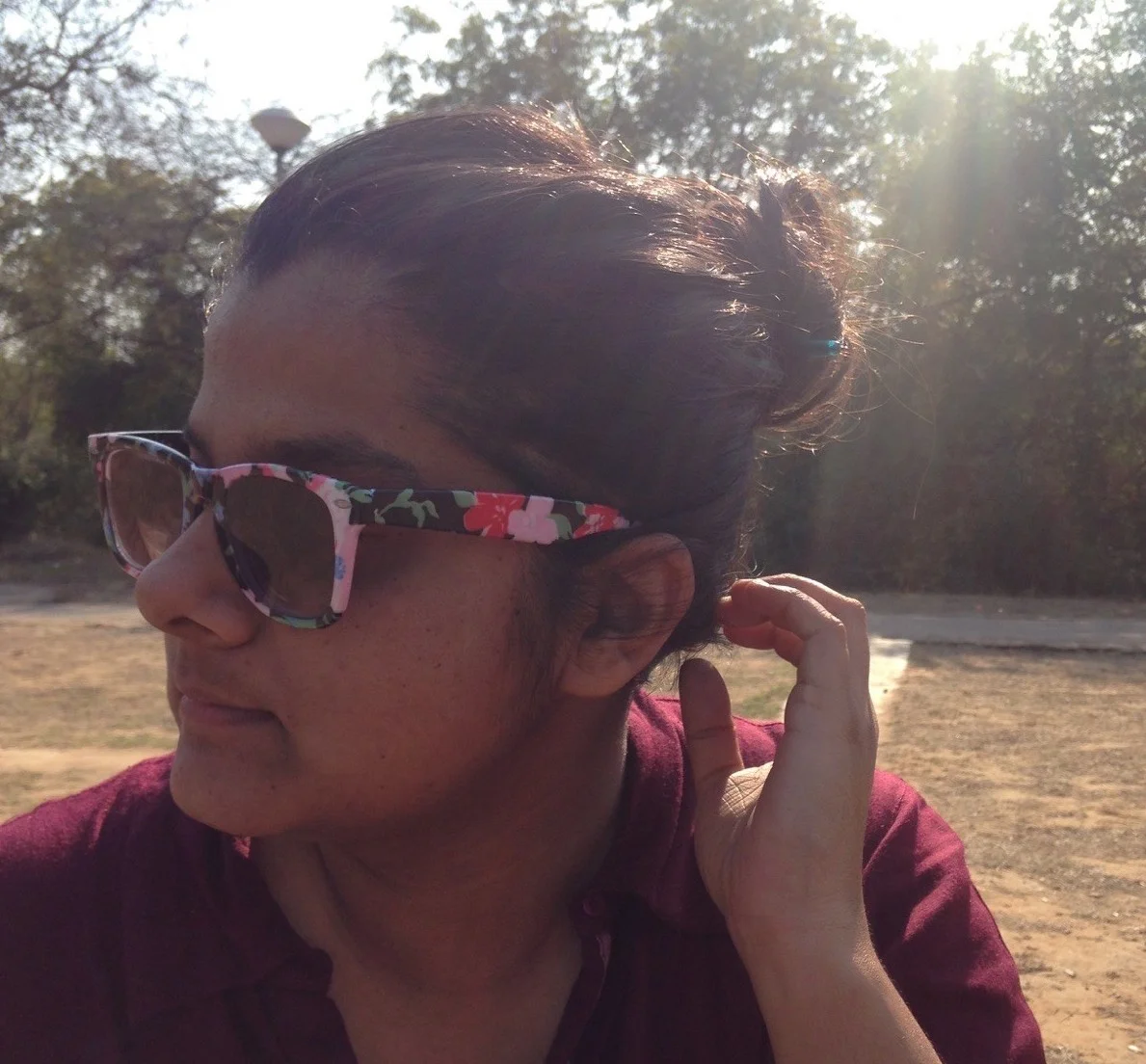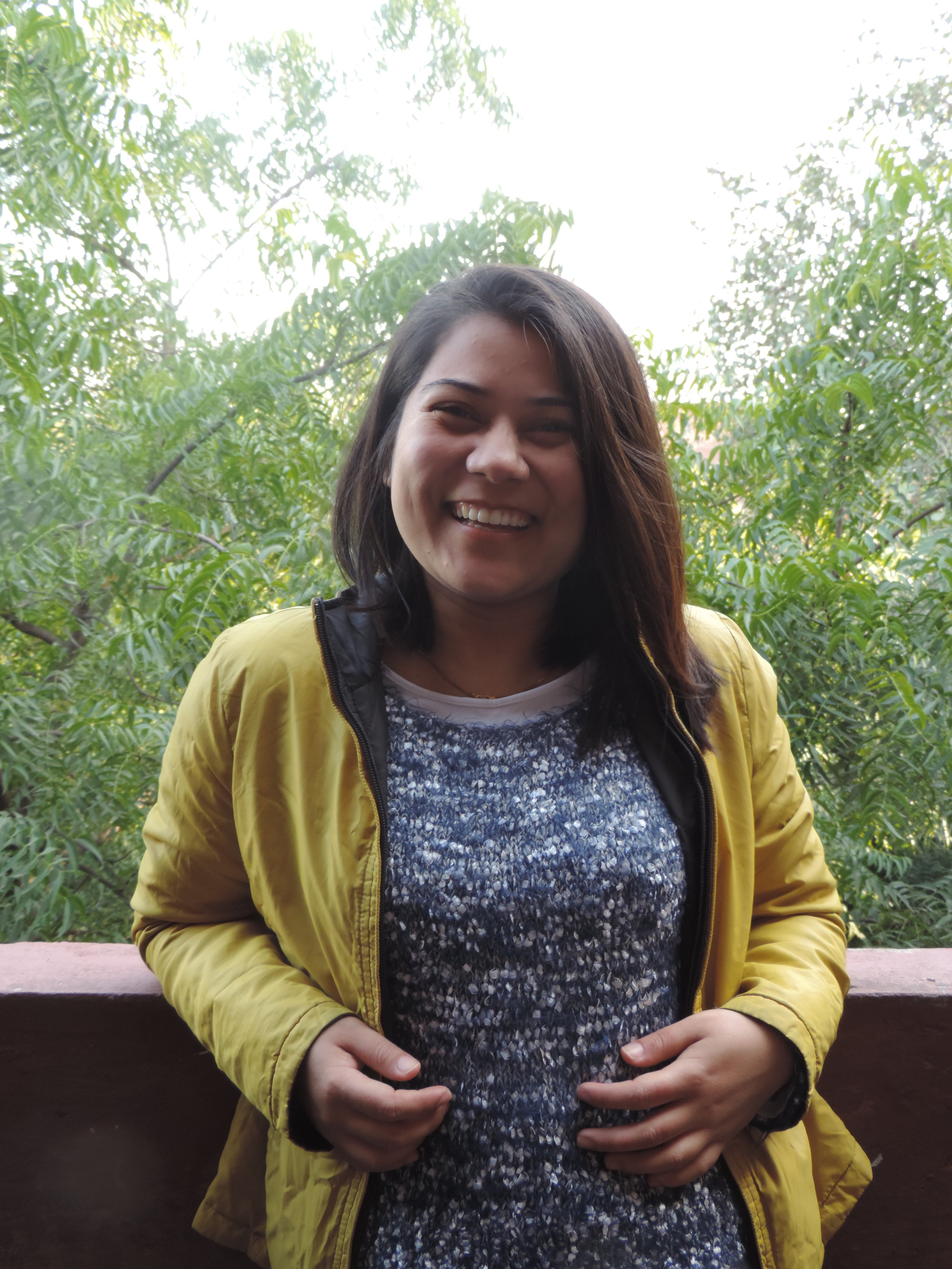Inlaks Research Studentship at King’s India Institute 2018: Poorva Rajaram
Poorva Rajaram is the 2018 recipient of the Inlaks Research Studentship at King’s India Institute. During her time at the institute she will conduct research on the pensions and insurance during colonial India thereby enhancing our understanding of welfare during that time.
I’m currently a PhD student in Jawaharlal Nehru University, at the Centre for Historical Studies and my research topic is pensions and insurance in colonial India. If you had asked me ten years ago if this is what I would be doing at the age of thirty, I’m sure I would have said no. At the age of 17, I had the unique chance to do my undergraduate degree abroad at the College of the Atlantic, USA. I was gifted the opportunity through the Shelby C. Davis scholarship and I used it to study critical social theory in a liberal arts setting. Since ‘theory’ was a rather amorphous object of study, this meant taking classes in a range of humanities subjects like philosophy, history and literature. I absorbed a sense of what academic life might hold without any kind of specialisation. During this time, I also spent a semester taking graduate level classes in philosophy and gender studies at the Central European University. After my undergraduate degree I wanted to use some of the skills I had acquired in academia to be gainfully employed.
I returned to India and worked for Tehelka magazine in New Delhi, writing about cultural and policy issues. I was completely new to journalism and yet many of the practical difficulties involving in journalistic writing overlapped with academic writing. After Tehelka, I became a freelance writer and this gave me more choice in the topics I engaged with. I contributed to publications like The Hindu, Caravan and Yahoo India. During this time, my interest in feminism and lesbian activism prompted me to co-found a web publication called The Ladies Finger to which I kept contributed articles. In addition to this, for the tenth year running, I have been involved in co-organising the Bangalore Queer Film Festival, where every year panel discussions, cultural events and films take place over three packed days.
Bangalore Queer Film Festival, 2015
My time as a journalist gave me just a taste of the complexity of policy issues, but did not adequately address all my lingering questions. For the last six years, I have been training to become a historian at JNU. My involvement in a burgeoning wave of online feminist writing, left me excited but still unable to get rid of a sense that I (and many feminists of my generation) lacked the vocabulary to address important questions about economics, labour and money. So perhaps counter-intuitively, I chose my research topic because of my lack of familiarity with it.
Postal Life Insurance and Monthly Allowances, Calcutta, July 1893. Printed by the Superintendent of Government Printing.
My research looks at the spread of infrastructures of finance like pension funds, pensionable jobs, private and public insurance and provident societies for a new elite professional and mercantile class of Indians in the 19th and early 20th centuries. One kernel of my project is the figure of the government employee, who embodied the contradictions of a “modern” form of subjectivity and its relationship to finance. I try and trace a historical process Randy Martin has vividly described as the financialisation of daily life or the “merger of business and life cycles.”[1] Drawing from feminist historiography, topic is also well-poised to help me explore the slippery cultural hold of the twin concepts of the male breadwinner and the nuclear family in modern India. More broadly, I am interested in deepening how we under the idea of welfare in colonial settings.
[1] Randy Martin, Financialization of daily life. (Philadelphia: Temple University Press, 2002).








